Why ARGOS
Bringing structure to outputs.
What ARGOS Brings to You
-
Complete research planning
Support for datasets, software, workflows, and ethical requirements—all in one place. -
Coordinated support across teams
Clear roles and responsibilities for every contributor in the research process. -
Customisable structure and control
Full alignment with internal policies, review processes, and evaluation needs. -
Automation and system integration
Seamless interaction with repositories, CRIS, and internal research services. -
Evolving Plans that stay connected
Planning treated as a continuous process—not a one-off requirement.
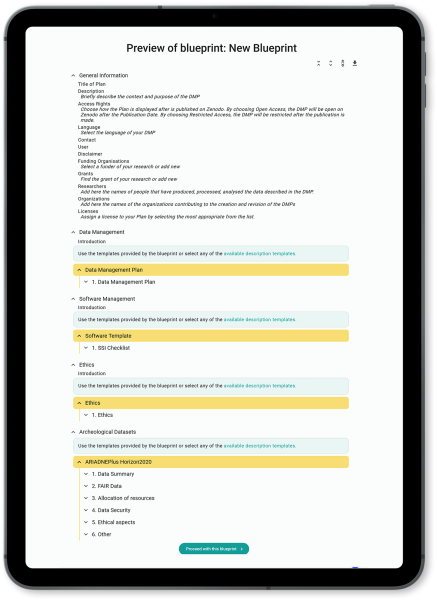
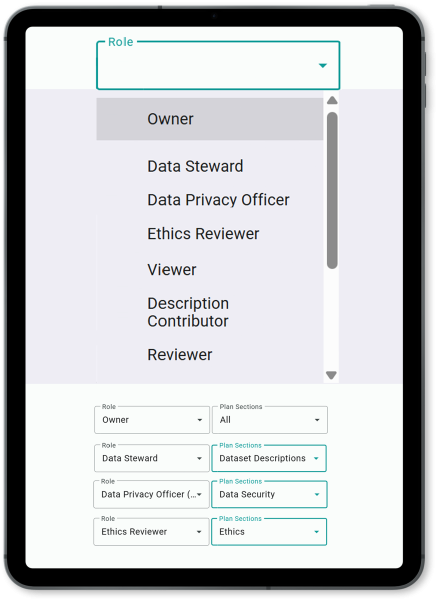
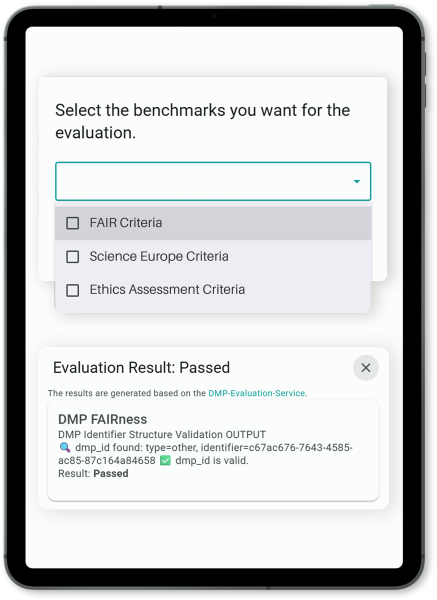
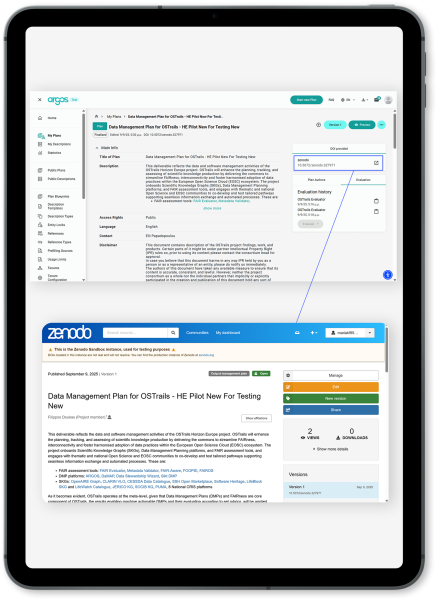
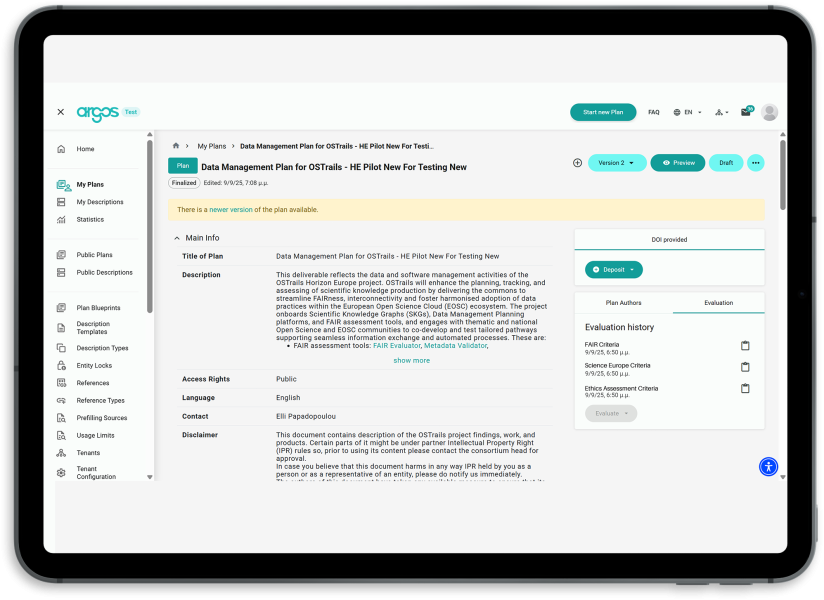
Why Choose ARGOS
Actionable Orchestration Model
Tailored to Research Realities
Effortless Setup and Onboarding
Support that Grows with You
Built for Policy and Practice
Open Science from the Start
Seamless Interoperability
ARGOS' Journey
The digitalisation of the research landscape coupled with the rapid uptake of Open Science globally intensified the need for curation of produced digital research content such as datasets, software and workflows. Planning preemptively research activities and outputs allows for better handling and organisation of scientific information and ensures best practices are followed. This provides a comprehensive overview of the research conduct and brings together researchers with other actors in the ecosystem. ARGOS is developed in such a way to address these needs.

ARGOS
Diverse Output Overview: ARGOS enables administrators to develop Templates that guide researchers into following best practices while staying organised which they can then include in Blueprints that they create to structure Plans and connect them to administrative workflows/services for support. Researchers use these Blueprints to draft their Plans providing information about their research output activities (datasets, software and workflows, etc) which can then be reviewed by peers. Plans can be versioned at any time throughout the research lifecycle.
Closing the Management Lifecycle: A Plan in ARGOS is validated against FAIR principles and other set criteria, before being finalised and then published to external resources which are harvested by scientific knowledge graphs, such as the OpenAIRE Graph, supporting a 360o view of research.
Creating new traditions
The rise of DMPs
Enhancing DMPs with Software
Towards Reproducibility Management Plans (RMPs)
The Era of Artificial Intelligence
Other OpenAIRE Services and Integrations














